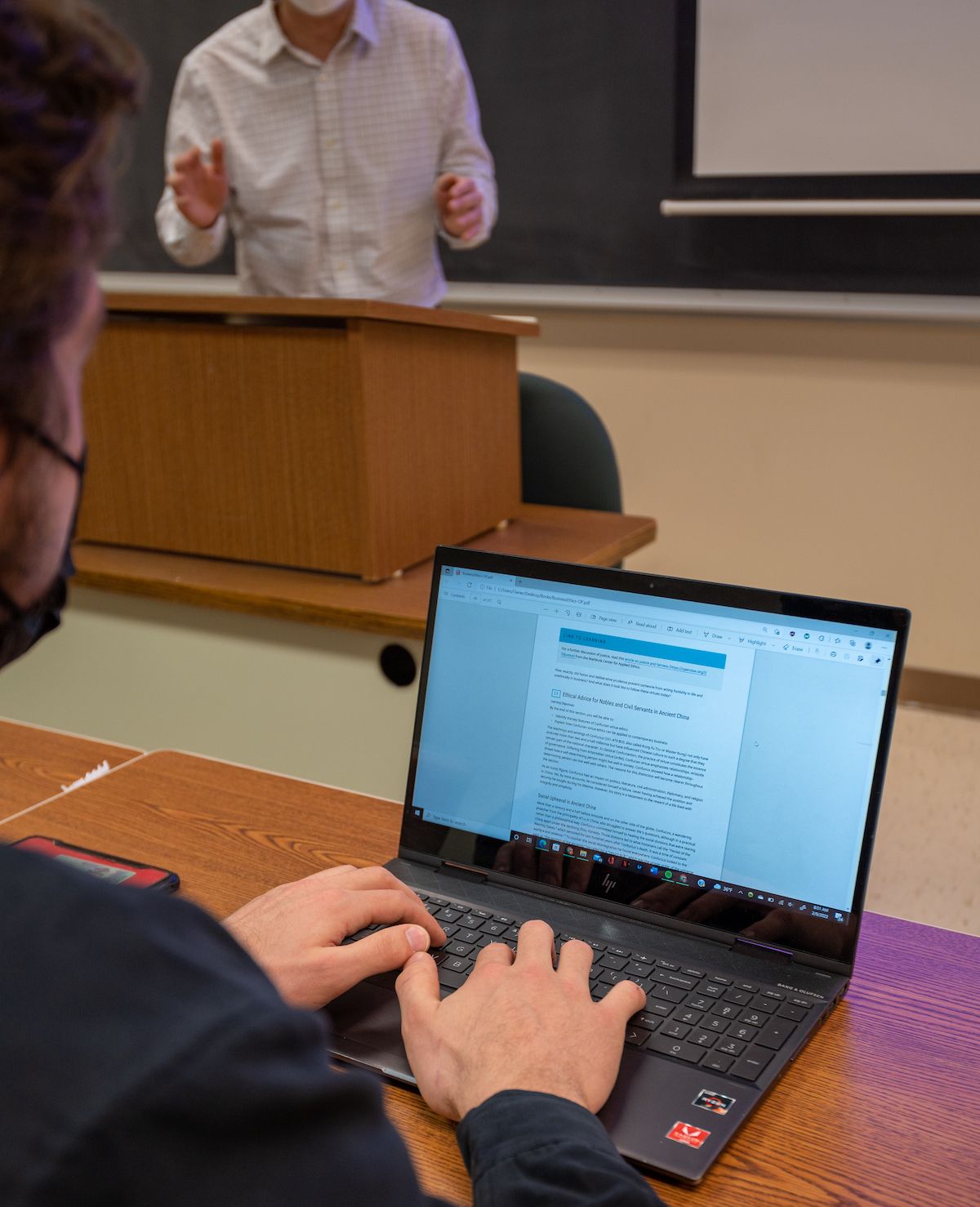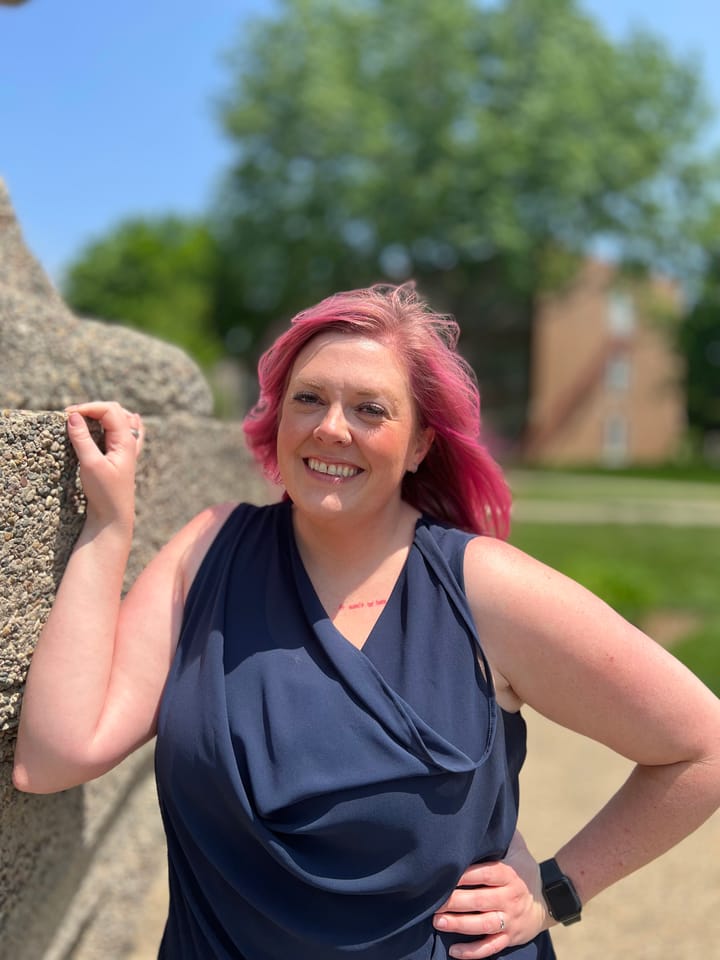Professors use open source textbooks to alleviate student costs

While the start of a new semester can result in a sense of excitement around campus, it can also cause a significant drop in many students’ bank accounts as they buy new textbooks.
The Education Data Initiative states that full-time undergraduate students in the United States spend an average of $450 to $625 on textbooks and course materials per semester.
However, students in professor Jaekyo Seo’s business ethics course had one less textbook to pay for, as Seo chose to teach from an open source textbook — a book available online for students to use for free.
Seo said his decision-making process for choosing the textbook followed the “general process to buy something” as he considered two main criteria — quality and price.
Seo always determines the quality of a textbook first, which he does by gathering a great deal of information about different books and reviewing many different textbooks from diverse publishers. According to Seo, some good indicators of quality are if the author is well-known in their field and if a number of other universities use the textbook as well.
After Seo establishes a book’s quality, he considers the price.
“Considering the quality and price,” Seo said, “I had to choose the open source books.”
Although Seo uses open source books in his business ethics course, he uses publisher textbooks in his other classes because he has yet to find an appropriate open source book for the material.
“I’m willing to use a lot of open source books if the open source books are available for my class,” Seo said.
Mathematics professor Daniel Perry said he is willing to use an open source book, although he has not used one before.
“I have yet to adopt such a text in part because of the need to make sure that I select one that is comprehensive and meshes with my approach to the material,” Perry said.
Perry provided a list of open source textbooks approved by the American Institute of Mathematics, which listed only a few approved books for different fields of mathematics.
“When considering open source textbooks,” Perry said, “I have an additional, possibly unjustified, concern that they may not be quality texts and thus would require a more thorough evaluation than a traditional text before adoption.”
Students Ethan Sannes and Borislav Bogdanovic said they like using the open source textbooks in Seo’s business ethics class.
“The quality of the book along with the ability to access it anywhere where a device can be used is unmatched,” Sannes said.
And the textbook is affordable compared to publisher books.
“Personally, I see no difference between this textbook and other textbooks used while at Augustana,” Bogdanovic said. “I like this open source textbook especially because it’s free.”
SEE NEXT: Undergrad tuition increases 4%



